
The AIgorythm project

Playwright and actor
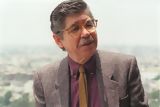
Novelist

Writer and poet

Volleyball player

Italian-Peruvian naturalist and geographer

Singer and percussionist

Last Inca emperor

Politician, former prime Minister

Journalist and TV host
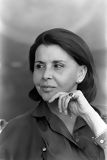
Poet

Inca warrior
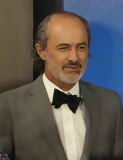
Actor and comedian

Biophysicist

Poet

Doctor and researcher
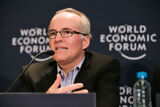
Businessman, Interbank group

Journalist and writer
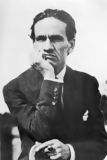
Poet and writer
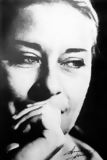
Singer and songwriter
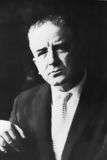
Writer

Film director, Berlin Golden Bear winner

Football player
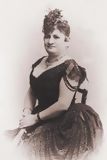
Writer and journalist
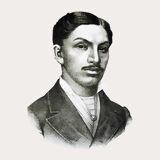
Doctor and scientist

Photograph

Chess player

Industrialist
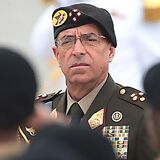
Former general

Specialist in public health

Actress and singer
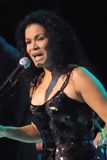
Afro-Peruvian music singer

Mathematician and engineer

Indigenous chronicler

Neurologist and anthropologist

Painter

Football player
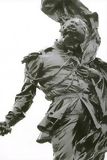
National hero, military leader

Intellectual and reformer

Chef and entrepreneur

Fashion designer
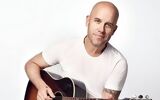
Singer-songwriter

TV presenter

Marathon runner

Indigenous Peruvian chronicler

Theologian

Former national team captain

Economist and former health minister

Inca princess

Writer and television host

Folk musician

Poet and guerrilla
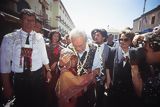
Former UN secretary-general

Chef, known for fusion cuisine

Football player

Peruvian aviation pioneer

Poet and artist
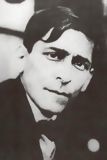
Marxist philosopher and writer

Industrialist and businessman
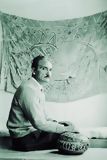
Novelist and ethnologist

Painter and muralist

Opera tenor

Fashion designer

Cardinal of Lima

Peruvian tennis player

Football coach

Leader of the indigenous rebellion
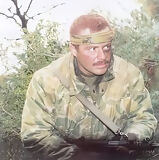
Military hero

Latin singer
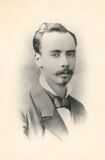
War of the Pacific hero

The youngest mother in history

Politician
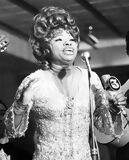
Creole music singer

Tennis player
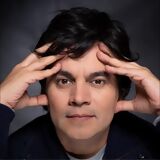
Musician

Writer and politician

Politician and founder of the Christian Democratic Party

Founder of Sodalitium Christianae Vitae

Archaeologist and anthropologist
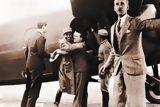
Military leader and politician

Television host
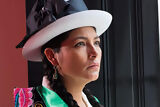
Actress and singer
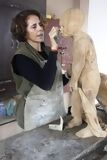
Contemporary sculptor
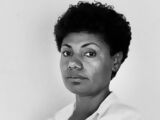
Women’s rights activist

Beauty queen

Astrophysicist

Heroine of independence
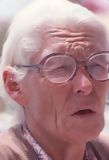
Mathematician and archaeologist

Historian and anthropologist
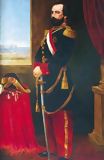
Military figure and historical figure
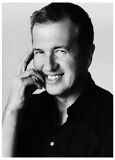
Fashion photographer
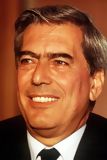
Writer, Nobel Prize in Literature, Politician

Revolutionary leader
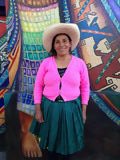
Environmental activist

Leader of the indigenous rebellion
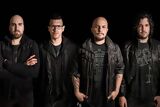
Musician from Gaia band
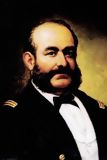
War hero
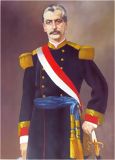
Military leader and politician

Chef, known for Nikkei cuisine

Volleyball coach and former player

Environmental activist

Television personality

Writer
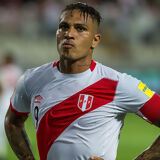
Football player

Epidemiologist and former health Minister

Inventor and aerospace pioneer

Soldier and inventor
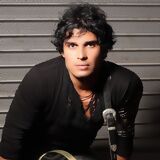
Rock singer

Chef and co-owner of Central restaurant

Painter

Football player

TV presenter and actress
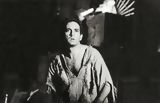
Actor
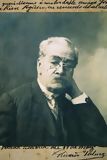
Writer and historian

Journalist and lawyer

Archaeologist, founder of Caral site
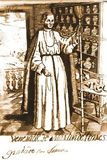
Monk and Saint
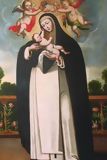
Saint, patron of Latin America

Physicist and engineer

World champion surfer

Actress

Oncologist
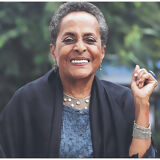
Singer, Latin Grammy winner

Former mayor of Lima
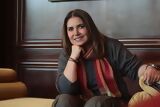
Singer

Actress

Former football player

Painter
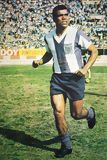
Former football player

Painter

Inca leader

Archbishop, saint
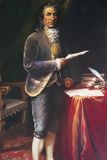
Leader of the indigenous rebellion

Revolutionary indigenous leader

Diplomat and intellectual

Sculptor and painter
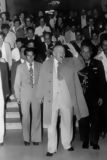
Political leader, founder of APRA

Lawyer and Former prime minister

Chef of Central restaurant
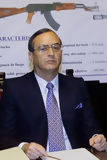
Former head of secret services

Popular singer

Fashion designer

Exotic music singer
María Rostworowski de Diez Canseco (1915-2016) is undoubtedly one of Peru's most renowned historians, widely recognized for her exceptional contributions to the understanding of pre-Columbian civilizations, particularly the Inca Empire. Throughout her career, she offered new perspectives on Peruvian history by exploring Andean cultures through an innovative lens. She is the author of numerous works that continue to be authoritative in the study of Andean history, particularly regarding the social, economic, and political relations of the pre-Hispanic era.
Born in Barranco, Lima, in 1915, María Rostworowski came from a multicultural family. Her father, Jan Jacek Rostworowski, was a Polish nobleman, and her mother, Rita Diez Canseco, belonged to an aristocratic Peruvian family. Thanks to this rich cultural heritage, María grew up in an environment where she learned to appreciate history and different cultures. She studied in Europe before returning to Peru to immerse herself in the history of her native country.
Despite an informal academic background in her early years, Rostworowski managed to integrate into the academic world thanks to her passion and hard work. Influenced by Peruvian anthropologist Julio C. Tello, she began to deeply explore pre-Columbian cultures. This marked the start of a prolific career that would change the way Andean history is perceived.
María Rostworowski stood out for her approach, which combined anthropology, history, and economics to better understand pre-Columbian societies. Unlike many of her contemporaries who focused primarily on the Inca Empire, she was interested in earlier and contemporary societies such as the Chimu, Paracas, and Nazca cultures. She also studied the relations between coastal societies and those of the Andean region.
Her research revealed fundamental aspects of Inca society, including the role of women in administration and economic exchanges, as well as the relationships between the Inca elite and the various subjugated ethnic groups. She also examined how the Incas integrated conquered cultures into their vast empire, shedding light on the administrative and power mechanisms of the Incas.
One of her most important works is "Historia del Tahuantinsuyu" (History of the Tahuantinsuyu), published in 1988. This book is essential for anyone seeking to understand the complexity of the Inca Empire, its political, social, and economic structures. It is based on meticulous research of colonial documents and chronicles by Spanish authors, as well as a critical analysis of sources to accurately reconstruct Inca history.
Rostworowski is also the author of "Pachacutec Inca Yupanqui", a comprehensive biography of the famous Inca emperor, highlighting his role in the empire's expansion and consolidation of power. This book showcases Rostworowski’s ability to combine disparate historical sources and produce a cohesive vision of Inca history.
Another of her major works is "Estructuras andinas del poder: Ideología religiosa y política", where she explores the power structures in The Andes, emphasizing the central role of religion in Inca political organization. In this work, she delves into topics such as ancestor worship, the role of huacas (sacred places), and how these elements shaped Andean society.
María Rostworowski was one of the first historians to investigate the role of women in Inca society. In a world dominated by male-centered narratives, she brought to light the role of elite women, particularly the acllas (chosen women), who played a crucial role in the empire’s religious and political administration. She also studied ordinary women, exploring their role in economic production and the transmission of cultural traditions.
In addition to her research, María Rostworowski played a key role in promoting historical research in Peru. She worked for many years at the Peruvian Institute of Studies (IEP) and collaborated with numerous researchers, helping to train a new generation of historians specializing in Andean studies.
Her impact extends beyond the academic world. Her works have been translated into several languages and are studied in universities around the world. María Rostworowski passed away in 2016 at the age of 100, leaving behind an intellectual legacy that continues to influence Andean studies.
María Rostworowski not only contributed to a better understanding of Inca history, but she also transformed how we approach the history of pre-Columbian peoples in general. Her multidisciplinary approach, her commitment to historical accuracy, and her dedication to preserving the memory of indigenous peoples make her one of the greatest historians in Latin America. Her work remains a vital resource for anyone seeking to explore the fascinating history of Andean civilizations.